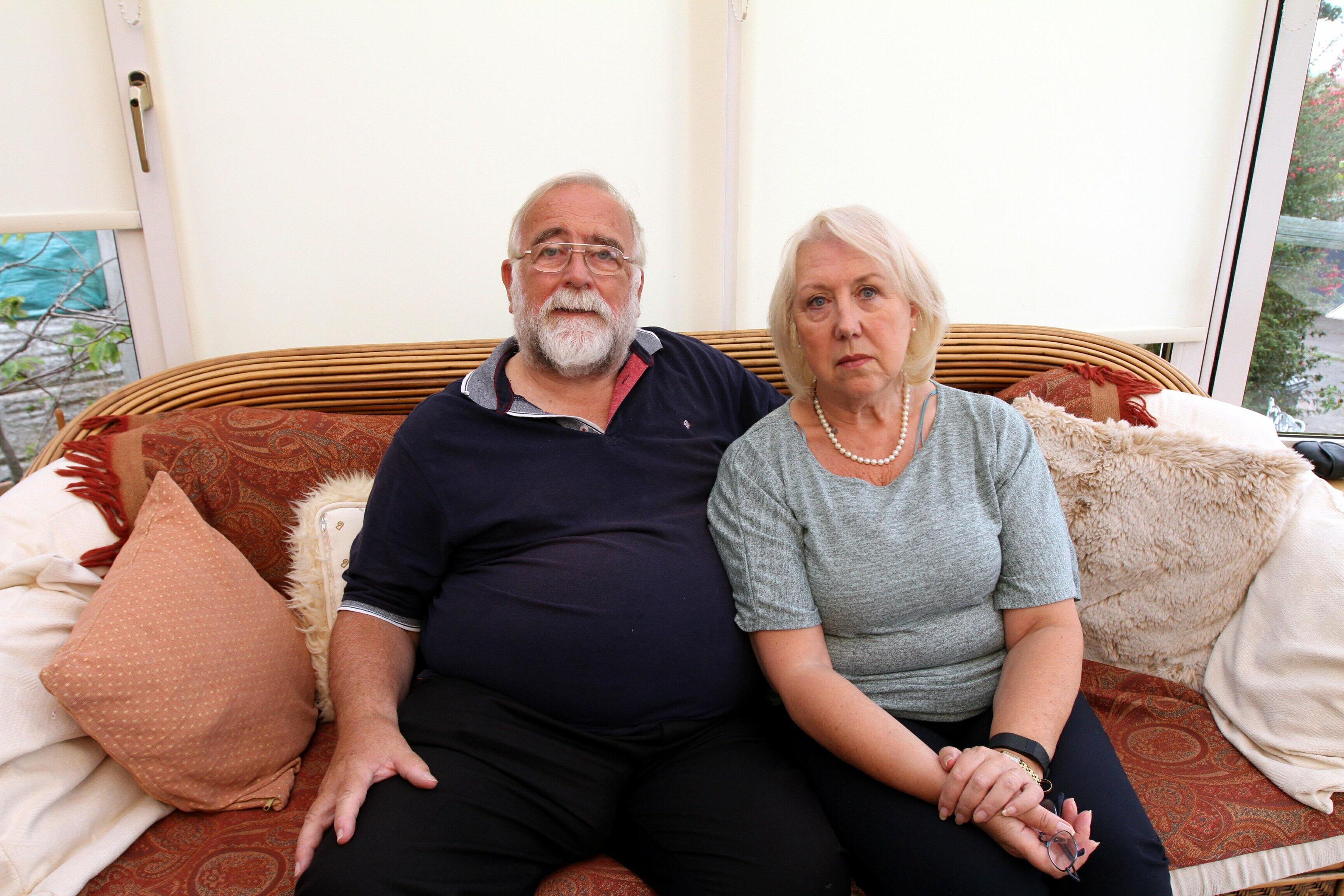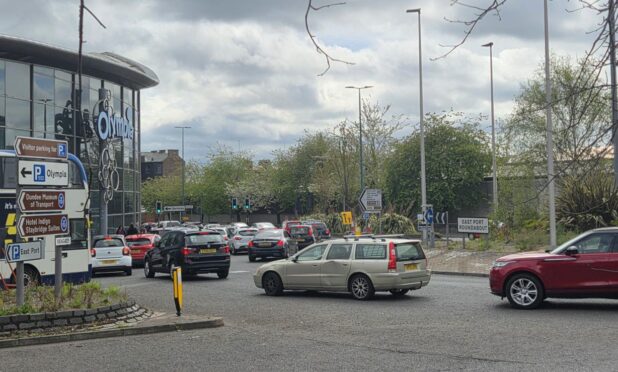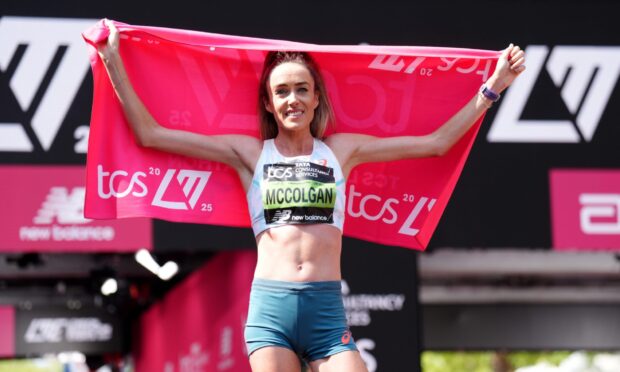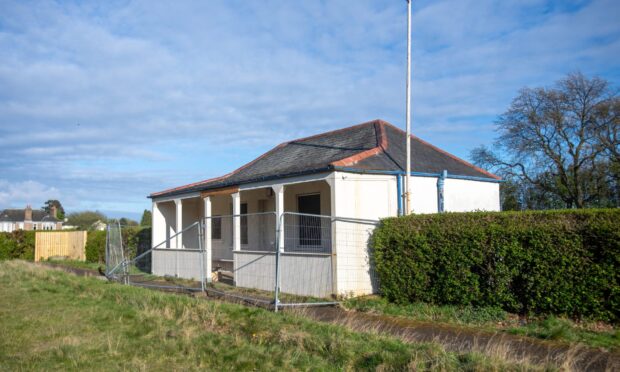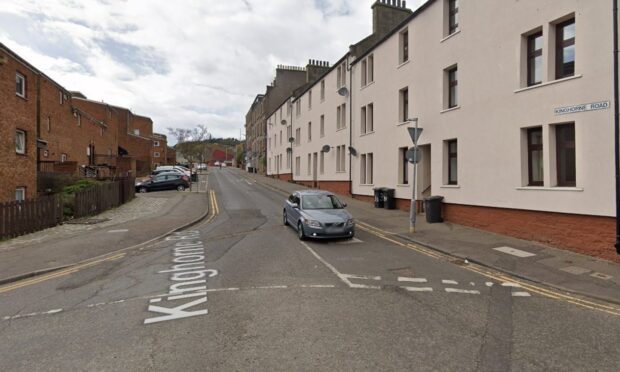Tayside patients are having to wait nearly half a year to see a cardiologist.
A letter sent to one Dundee man, who had already suffered two heart attacks, told him he would have to wait 26 to 28 weeks to for a cardiology outpatient appointment — despite suffering blackouts and dizzy spells.
NHS Tayside said the problem has been caused by a staffing crisis but the appointment of two new consultants, who will start work in November and January, should help ease the strain on the service.
However, they stressed patients would be seen earlier if their symptoms warranted it.
David Brown, 68, of Kettins Terrace in Dundee suffered two heart attacks in one day in 2009.
The former service engineer had two stents fitted bit still is suffering dizzy spells and blackouts.
Despite this, NHS Tayside still said he would have to wait almost half a year to see a specialist.
His wife Dorothy was so disgusted she posted a copy of the letter sent by NHS Tayside to her husband online.
The letter, sent by the Cardiology Appointments Office, stated: “Regrettably I must advise you that the cardiology department has a limited number of consultants available to see patients. Although NHS Tayside aim to achieve a waiting time standard of 12 weeks from receipt of a patient’s routine referral to their outpatient appointment, we are unable to achieve this standard in cardiology at present.
“Outpatient waits for a routine cardiology appointment are currently between 26 and 28 weeks of referral.
“Patients assessed as clinically urgent are given priority. Please accept our apologies for this and our assurance that every effort is being made to reduce our waits to a more acceptable level.”
Mr Brown said: “To be told I have to wait this long for an appointment is disgusting.
“They said they prioritise cases — surely someone who has had two heart attacks and is suffering blackouts is a priority.”
Dr Alan Cook, medical director for the operational unit with NHS Tayside said: “Due to patient confidentiality, we are unable to comment on matters relating to individual patients however, if a patient’s symptoms are changing, worsening or becoming urgent, they should return to see their GP.
“The cardiology service has had two consultant vacancies since the summer of 2015 with no successful applicants in the first two rounds of advertising. Following a third round of advertising, one post has recently been appointed with the successful candidate commencing in post in November 2016.
“The remaining consultant post was advertised and successfully recruited to with the consultant commencing in January 2017. There will be an outpatient commitment included in both of these consultant job plans.
“The current maximum waiting time for routine cardiology appointments is 23 weeks and the maximum waiting time for urgent cardiology referrals is six weeks. Patients presenting with emergency cardiology conditions would be admitted immediately according to their clinical need.”
However, Dorothy said the response still does not help her or her husband.
She said: “It doesn’t negate the distress the letter caused or shorten my husband’s wait, does it?”
